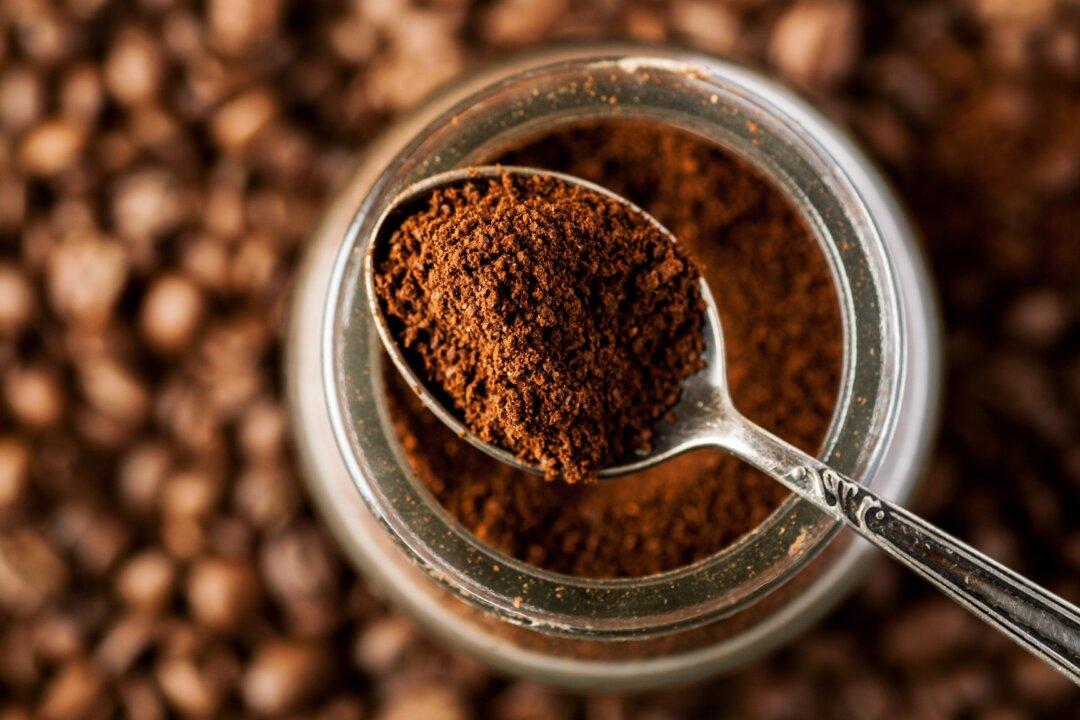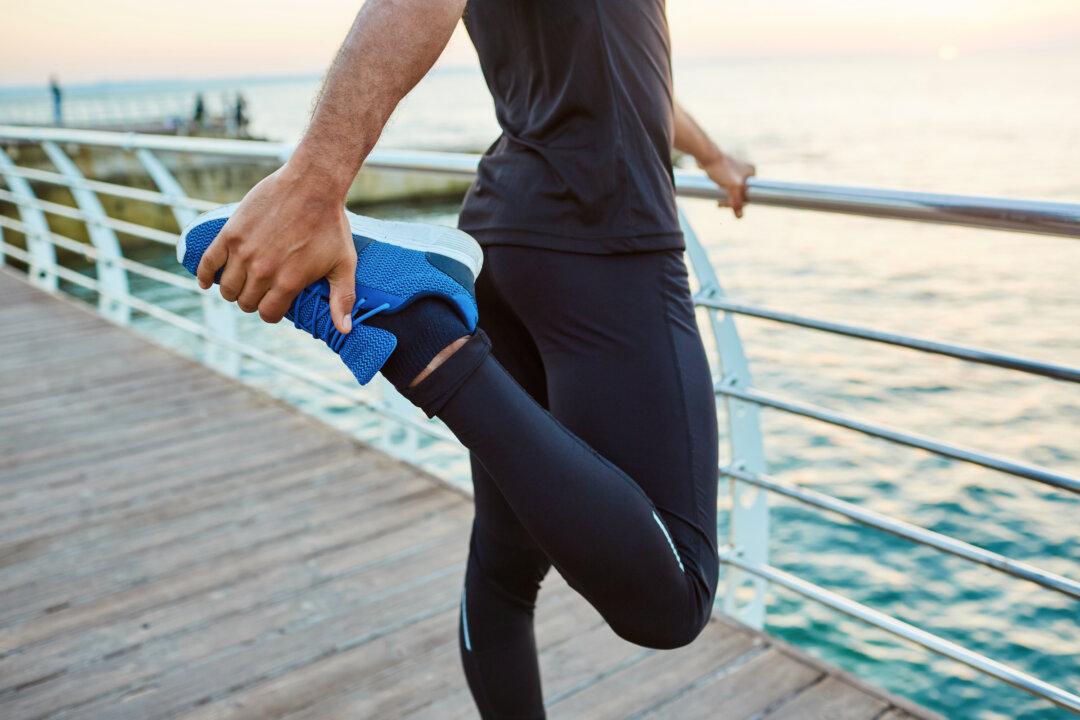Do you like drinking coffee? Research has found that coffee contains ingredients that can effectively reduce the risk of liver cancer. Among the different types of coffee, there is one that has the best effect on liver protection.
Coffee is Beneficial to the Liver, Including Instant Coffee
According to the World Health Organization, liver cancer is the third most common cause of cancer deaths in 2020, with 830,000 deaths worldwide.Fatty liver, alcoholic hepatitis, drug-related hepatitis, and viral hepatitis (hepatitis B and C) may all cause chronic hepatitis to develop into cirrhosis and eventually into liver cancer.





